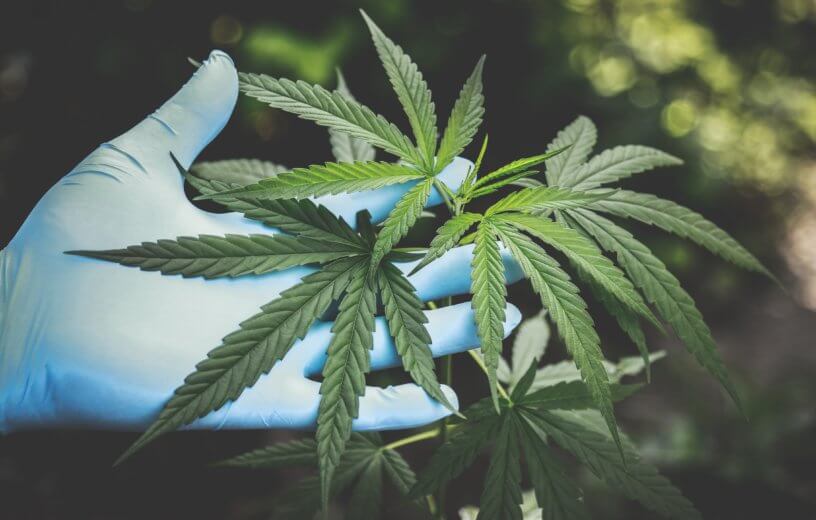HAMILTON, Ontario — The advancement of medicine is one of continuous discoveries. Sometimes, those notable advancements come from the most unlikely sources. A team in Canada finds cannabis, which causes plenty of legal debate in the United States, also contains a hidden substance which may lead to new antibiotics.
A research team from McMaster University says an antibacterial compound called cannabigerol (CBG) is proving effective in mice, helping to fight off resilient families of bacteria. Scientists say the cannabinoid is useful against Staphylococcus aureus strains which antibiotics like methicillin fail to destroy.
‘CBG proved to be marvelous at tackling bacteria’
The Canadian study examines 18 commercially available cannabinoids, which all have antibiotic properties. Study lead author Eric Brown says some these compounds are better at fighting infections than others.
“The one we focused on was a non-psychoactive cannabinoid called CBG, as it had the most promising activity. We synthesized that cannabinoid in mass quantity which gave us sufficient compound to go deep into the research,” the professor of biochemistry and biomedical sciences says in a university release.
The tests reveal CBG prevents biofilm (slimy film of bacteria that adheres to a surface) from building up. CBG can shut down any attempted activity by biofilm to attach to surfaces and form communities of its microorganisms. The mice carrying MRSA infections in the study were then treated with CBG.
“CBG proved to be marvelous at tackling pathogenic bacteria,” Brown reports. “The findings suggest real therapeutic potential for cannabinoids as antibiotics.”
The first step to new medications?
Although these findings by researchers are profound, the research is far from conclusive. Cannabis has been legal in Canada for two years, which marks the start of this research.
“It opens a therapeutic window, but a narrow one, to develop this into a drug,” the professor adds. “The next steps are to try to make the compound better in that it is more specific to the bacteria and has a lower chance of toxicity.”
More and more research is involving cannabis, but study authors say this comes with both pros and cons.
“This research became top of mind for us, in part, because we are in Canada,” Brown explains. “There has been some stigma of investing in this kind of research, but there’s increasing anecdotal evidence of the medicinal use of cannabis. The stigma seems to be waning.”
The study is published in the journal American Chemical Society Infectious Diseases.
Like studies? Follow us on Facebook!
